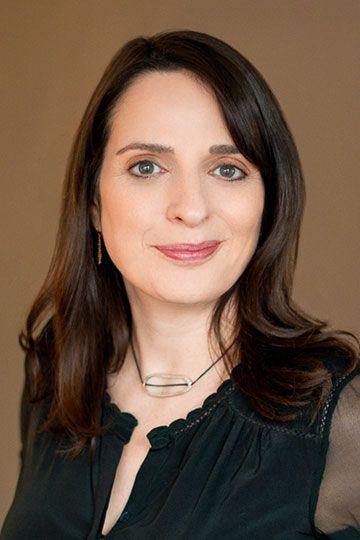Episode 47 - Peter Hershock: Buddhism & AI
Description
Since the release of OpenAI's ChatGPT earlier this year, there has been a media frenzy – with AI suddenly becoming of mainstream interest and concern. In this episode, I spoke with Peter Hershock, a prolific scholar trained in Asian and comparative philosophy, who has had a long-term interest in the ethical dimensions of our relationship with technology. His latest book, Buddhism and Intelligent Technology: Toward a More Humane Future, is another example of Peter's creative and penetrating way of approaching a very complex subject – where he draws from the deep well of Buddhist thought – with its rich histories of cultivating ethical intelligences, grounded in attention training, an understanding of karma, and the importance of developing a responsive virtuosity – for the purposes of eliminating value conflicts and suffering. Our conversation sheds light on why we need to see the ethical issues surrounding AI as a demand for more enhanced human capacities of predicament resolution, not as mere technocratic problems to be solved. Resolving such values conflicts, Peter tells us, requires clarity in understanding how we got to where we are, and a commitment to be present as in order to respond to in ways that are superlative – an improvisational.
We touch on a number of themes – why we should view AI more as a synthetic form of intelligence - which can helps us to see with more clarity how our own wants and desires are feeding a karmic loop, in effecting colonizing our consciousness; how our reliance on so-called smart services could inadvertently have unintended consequences in the forfeiture of our own social intelligence and capacities for open creativity and embodied presence – and much more.
Peter Hershock, Ph.D. is Director of the Asian Studies Development Program (ASDP) at the East-West Center at the University of Hawaii in Honolulu. Dr. Hershock is also the Director of the Center's initiative on Humane Artificial Intelligence, with a focus on the societal impacts and ethical issues raised by emerging technologies. Trained in Asian and comparative philosophy, his research and writing draw on Buddhist conceptual resources to reflect on and address contemporary issues of global concern. His books include: Liberating Intimacy: :Enlightenment and Social Virtuosity in Ch'an Buddhism(1996); Reinventing the Wheel: A Buddhist Response to the Information Age (1999); Buddhism in the Public Sphere: Reorienting Global Interdependence (2006); Valuing Diversity: Buddhist Reflection on Realizing a More Equitable Global Future (2012); Public Zen/Personal Zen: A Buddhist Introduction (2014); Value and Values: Economics and Justice in an Age of Global Interdependence (edited, 2015); and Philosophies of Place: An Intercultural Conversation (2019).
























